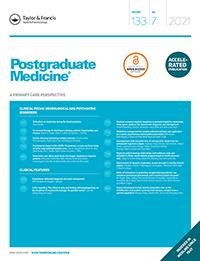Headline
A Comprehensive Medication Management program that employs a remote clinical pharmacist effectively addresses most drug therapy problems in a complex care population.
Context
People with multiple comorbidities are susceptible to experiencing drug therapy problems, such as the use of unnecessary or ineffective medication, the absence of indicated medications, adverse drug reactions, or medication non-adherence. Poorly managed medication can lead to adverse health outcomes, increased mortality, and increased health care expenditures. This study reviews the outcomes of a six-month CMM program with a remote clinical pharmacist implemented for Medicare Advantage beneficiaries at high risk of having drug therapy problems.
Findings
The clinical pharmacist found all 202 selected CMM participants were on five medications or more, and 71 percent were on eight or more. Eighty-six percent of these participants had one or more drug therapy problems. Upon completion of this study, 79 percent of 438 drug therapy problems were resolved as a result of the clinical pharmacist’s input.
Takeaways
Remote clinical pharmacists can help resolve drug therapy problems identified in a Medicare Advantage population with multiple chronic conditions. Health care organizations wanting to improve medication management for their complex patient population may benefit from a service model that incorporates a remote clinical pharmacist.

